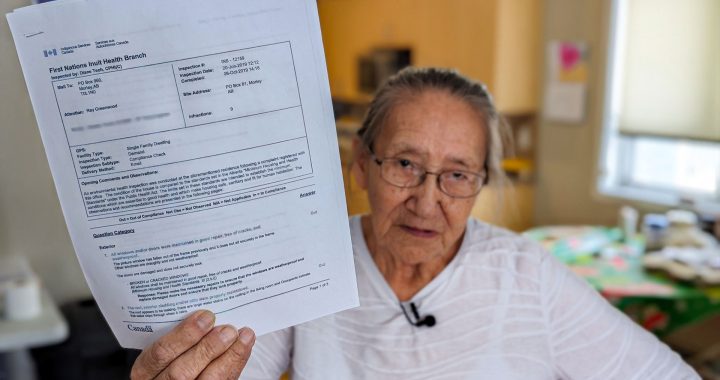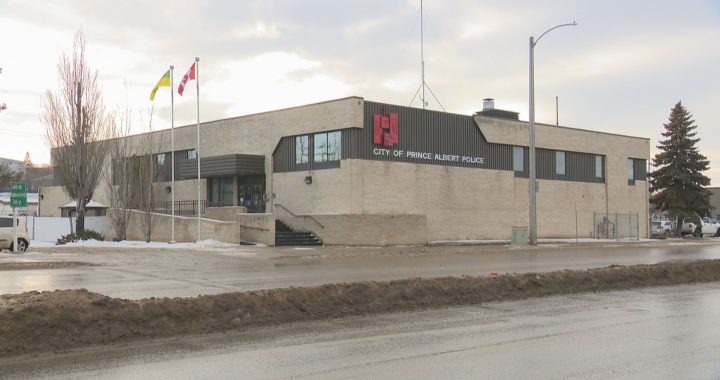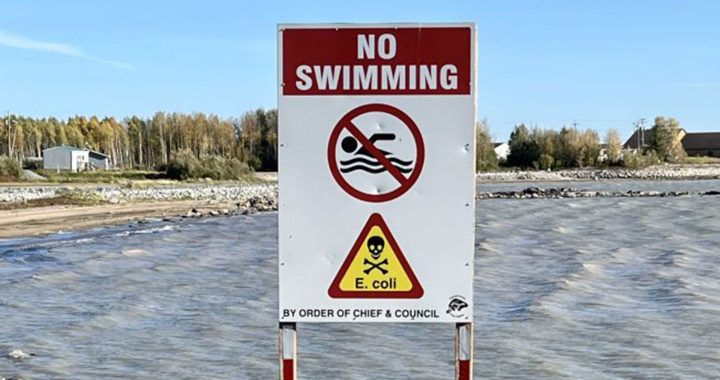By Kathleen Martens
APTN Investigates
WINNIPEG – There’s a new sheriff in charge of dealing with lawyers who might prey on Indian Residential School survivors.
Retired British Columbia judge Ian Pitfield has been deputized by BC Supreme Court Justice Brenda Brown as a “special independent advisor” on survivor complaints about their legal services.
The fact there’s enough work to keep Pitfield busy may surprise some. But officials say they welcome the help. All parties to the Indian Residential Schools Settlement Agreement approved his hiring effective June 30th.
The details are contained in a court order issued by Justice Brown that was recently made public. She is one of the supervisory judges of the settlement agreement, and has presided over one investigation into a lawyer’s conduct and is presently reviewing another’s.
Both lawyers had hundreds of survivor-clients seeking compensation for abuse suffered at Canada’s notorious residential schools.
Officials with the compensation program, known as the Independent Assessment Process (IAP), tell APTN Investigates they have opened files on 30 more lawyers and form-filling agencies, despite the fact that babysitting lawyers is not part of their mandate.
The IAP has sent warning letters to lawyers in the past and posted notices about ethical behaviour on its website, but complaints continue to roll in. Pitfield’s appointment and the powers he’s been given show that Brown is serious about cracking down.
Pitfield will review the complaints and decide whether they merit full investigation and/or should be referred to police agencies and law societies. Already one lawyer – David Blott of Calgary – has been kicked out of the IAP, closed his practice and lost his licence to practice law due to legal and ethical misconduct.
About 200 lawyers have been working with IAP clients since the program began in 2007. They are well paid for their efforts, earning 15 per cent commission paid by Canada and up to another 15 per cent from each client. Nearly 30,000 claims have been resolved, according to the most recent statistics available.
Pitfield is not new to the IAP process. Brown named him “transition co-ordinator” during the Blott IAP scandal in 2012. APTN detailed the case and Pitfield’s hiring two years ago.
Some complaints are misunderstandings about fees, but others have exposed serious financial abuses. Particularly when it comes to loans arranged for survivors in advance of their compensation payouts and then deducted from their award with double-digit interest – which is forbidden by the settlement agreement.
Some lawyers argued they did not know they were breaching the settlement agreement and the federal Financial Accountability Act by doing so. But the agreement was clear that vulnerable survivors should be protected from just such schemes.
Third parties like form-filling agencies have recently been banned from participating in IAP cases and several are under investigation for the lucrative fees they charged. They, as well, were wrongly being paid directly from compensation cheques; some in cahoots with lawyers on the files.
IAP officials say survivors were never to pay for applying for compensation. But form-filling entrepreneurs claim they were providing a needed service.










